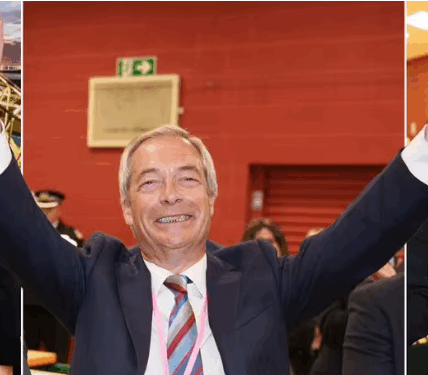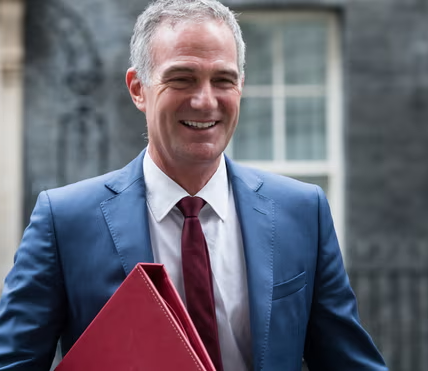The lowest personal tax allowance has remained frozen at £12,570 since 2021 – a situation which has been branded as ‘ridiculous’
Chancellor Rachel Reeves has provided an update on her stance regarding income tax thresholds before November’s budget – which have remained static since 2021, costing millions additional funds.
The lowest personal tax allowance has remained frozen at £12,570 since 2021, and the next highest at £50,270 – a situation that has been labelled ‘ridiculous’.
A petition calling for the threshold to be raised to £20,000 amassed an impressive 281,792 signatures on the Parliament website before it ceased accepting new supporters earlier this summer.
This also prompted a Parliamentary debate during which the treasury estimated the cost at £50 billion.
The freeze has faced criticism because some of the lowest-paid workers in the country are being affected – anyone earning above £12,570 must pay 20 per cent income tax, with millions more now being liable following wage inflation.
Speaking on BBC Breakfast this morning, Ms Reeves was questioned whether she could guarantee not to extend the freeze on income tax thresholds.
She replied: “I’m not going to be able to do that. We are at risk of writing a budget live on air.”
From £50,271, individuals are required to pay the higher 40 per cent tax rate – this has been frozen since 2021. The Institute for Fiscal Studies has highlighted that due to income tax thresholds not keeping pace with average wages, by 2027–28, more than one in eight nurses and one in four teachers are projected to be higher-rate taxpayers.
Worries have been mounting that in the Budget on November 26 the Chancellor might prolong the freeze beyond 2028.
The Chancellor, when questioned about a potential increase in VAT at the last budget, referred to the Government’s record of not raising it.
Speaking on BBC Breakfast, Rachel Reeves stated: “We made those commitments for a reason, and those commitments stand. Judge me on my record, I had a budget last year and people said ‘Oh she’s not going to be able to honour those manifesto commitments’.
“We did. I had to make some difficult decisions, but I protected the pay packets of working people, and we did not put up the prices in the shops.
“That’s very important to me because I do recognise still that the biggest challenge for families in all parts of the UK is the cost of living.”
The Chancellor was critical of ongoing speculation around the Budget later this year, as she said some people had made decisions on their personal finances last year based on rumours which had proved to be unfounded.
Rachel Reeves said people who claim to have insight on the contents of her Budget are “talking rubbish”. She branded some predictions as “very irresponsible”.
Ms Reeves was pressed by BBC Radio 4 on whether changes could affect people with shares, pensions or property.
She said: “There are a lot of people who claim to know what is going to be in my Budget. They don’t. A lot of them are talking rubbish, and frankly a lot of it is very irresponsible.
“People were told last year that I was going to do this, I was going to do that, and people made decisions with their money, that were often irreversible decisions, and I would urge people to wait until that Budget and not listen to people who claim to know what is in my Budget.”
Ms Reeves further commented: “I am absolutely determined that unlike the last parliament, at the end of this Parliament, working people are going to feel in their bank balances, in their pockets, that they are better off.”
She declined to comment on whether she would extend the freeze on income tax thresholds beyond 2028.
Ms Reeves stated: “I am absolutely determined that unlike the last parliament, at the end of this Parliament, working people are going to feel in their bank balances, in their pockets, that they are better off.”
Rachel Reeves expressed that unemployment benefits are not an “alternative” to work.
The Chancellor informed Sky News: “It’s not the case that unemployment benefits or Universal Credit are an alternative to work.”
She mentioned “you can’t say no, I don’t fancy doing that, I’d rather stay on the benefits”.
When questioned whether individuals would lose their benefits if they refuse to accept the offer of work where possible, she responded “we need a welfare system that is based on contribution”.
“Yes, of course the welfare state will continue to be based on that principle,” she added.


